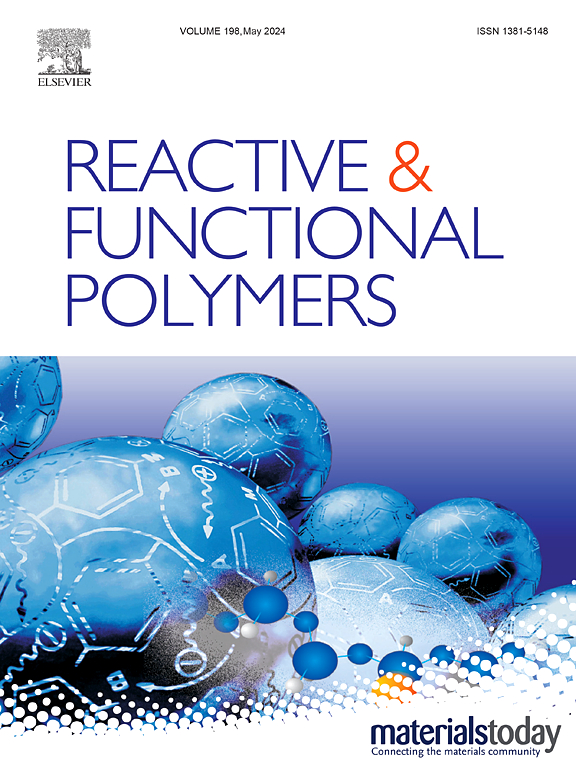将机械化学、深度共晶溶剂和动态交联策略相结合,实现了一步法制备秸秆塑料
IF 5.1
3区 工程技术
Q1 CHEMISTRY, APPLIED
引用次数: 0
摘要
秸秆是一种重要的生物质资源,将其直接转化为高附加值产品是一项重大挑战。在此,我们巧妙地利用了三种新技术,机械化学,深度共晶溶剂(DES)和动态交联,实现了几乎毫无价值的玉米秸秆的一步原位塑化成可再加工的热固性塑料。这种制备策略具有原料便宜易得、不需要催化剂、不需要对原料进行预处理、不需要对产品进行分离纯化等优点。秸秆塑料具有良好的机械强度、热稳定性、塑性和再加工性。此外,还制备了纤维素塑料作为秸秆塑料的对照实验,深入研究了秸秆中各组分结构与塑料性能之间的本构关系。这种以简单和环保的方式从农业和林业废物中开发新塑料的战略将为生产更具竞争力的生物基塑料开辟一条全新的途径。本文章由计算机程序翻译,如有差异,请以英文原文为准。

Mechanochemistry, deep eutectic solvents and dynamic cross-linking strategies are combined to achieve the one-step preparation of stalk plastics
Stalk is an important biomass resource and converting it directly into high value-added products is a major challenge. Herein, we have cleverly utilized three novel techniques, mechanochemistry, Deep eutectic solvents (DES), and dynamic cross-linking, to achieve one-step in-situ plasticization of virtually worthless corn stalk into reprocessable thermoset plastics. This preparation strategy has many advantages, such as cheap and easy availability of raw materials, no need for catalysts, no need for pretreatment of raw materials, and no need for separation and purification of products. The stalk plastics have good mechanical strength, thermal stability, plasticity and reprocessability. In addition, cellulose plastic was prepared as a control experiment for stalk plastic, and the constitutive relationship between the structure of various components in stalk and the performance of plastic was deeply investigated. This strategy of developing new plastics from agricultural and forestry waste in a simple and environmentally friendly way will open up a whole new avenue for the production of more competitive bio-based plastics.
求助全文
通过发布文献求助,成功后即可免费获取论文全文。
去求助
来源期刊

Reactive & Functional Polymers
工程技术-高分子科学
CiteScore
8.90
自引率
5.90%
发文量
259
审稿时长
27 days
期刊介绍:
Reactive & Functional Polymers provides a forum to disseminate original ideas, concepts and developments in the science and technology of polymers with functional groups, which impart specific chemical reactivity or physical, chemical, structural, biological, and pharmacological functionality. The scope covers organic polymers, acting for instance as reagents, catalysts, templates, ion-exchangers, selective sorbents, chelating or antimicrobial agents, drug carriers, sensors, membranes, and hydrogels. This also includes reactive cross-linkable prepolymers and high-performance thermosetting polymers, natural or degradable polymers, conducting polymers, and porous polymers.
Original research articles must contain thorough molecular and material characterization data on synthesis of the above polymers in combination with their applications. Applications include but are not limited to catalysis, water or effluent treatment, separations and recovery, electronics and information storage, energy conversion, encapsulation, or adhesion.
 求助内容:
求助内容: 应助结果提醒方式:
应助结果提醒方式:


